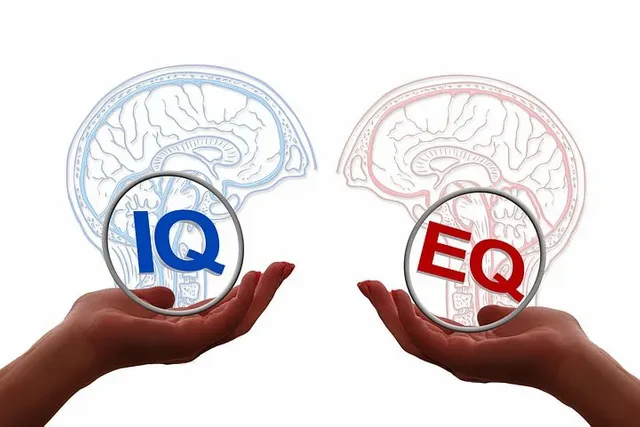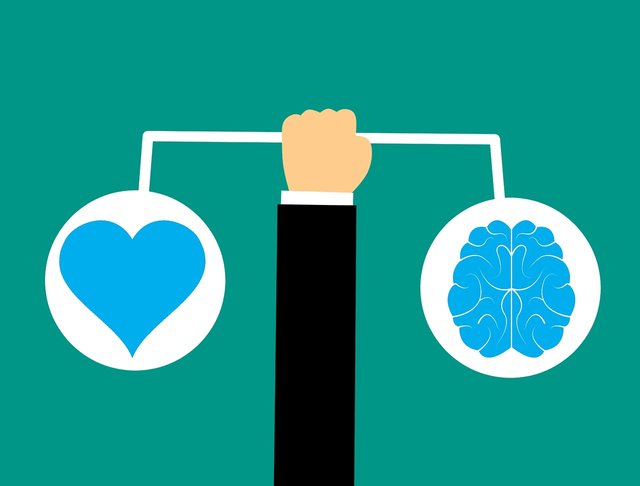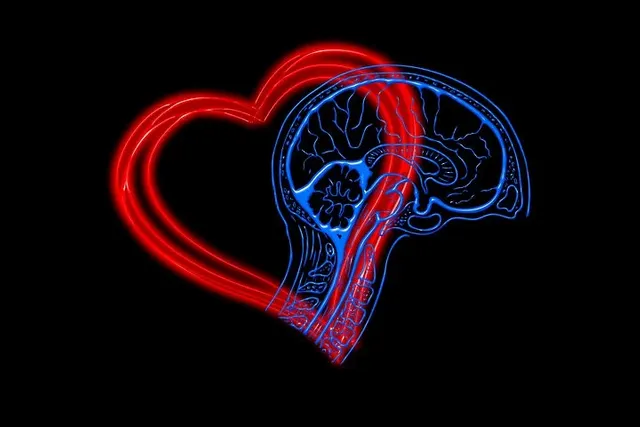How Intelligent Are Your Emotions?
Emotional intelligence, also known as emotional quotient (EQ), is the ability to recognize, understand, and manage one's own emotions, as well as the emotions of others. It is the ability to use emotions in a positive way, to make better decisions, and to build stronger relationships. Emotional intelligence is not only important for personal growth and development, but it is also essential for achieving a happier life.
Emotional intelligence is a critical component of well-being and happiness. Studies have shown that individuals with higher emotional intelligence are more likely to be satisfied with their lives, have better relationships, and be more successful in their careers. They are also less likely to experience depression, anxiety, and other mental health issues.
Exploring Deeper Connections
One of the key elements of emotional intelligence is self-awareness. Self-awareness is the ability to recognize and understand one's own emotions and how they affect behavior. It is the ability to be honest with oneself and to take responsibility for one's actions. Self-awareness allows individuals to understand their strengths and weaknesses and to work on improving themselves. When people are self-aware, they are better equipped to manage their emotions and make positive decisions.
Another important aspect of emotional intelligence is self-regulation. Self-regulation is the ability to control and manage one's emotions, thoughts, and behaviors. It is the ability to remain calm and level-headed in difficult situations. Self-regulation allows individuals to make better decisions and to avoid impulsive behavior. When people are able to self-regulate, they are better able to handle stress and to maintain a positive outlook.
Emotional intelligence involves the ability to empathize with others. Empathy is the ability to understand and share the feelings of others. It is the ability to put oneself in another person's shoes and to see things from their perspective. Empathy is essential for building strong relationships and for understanding the needs of others. When people are able to empathize, they are more likely to be compassionate and to build strong connections with others.
Emotional intelligence also includes the ability to communicate effectively. Effective communication is the ability to express oneself clearly and to listen actively. It is the ability to understand the needs of others and to respond in a way that is appropriate and effective. Effective communication is essential for building strong relationships and for achieving success in life.
How To Best Be Emotionally Aware
In order to develop emotional intelligence, individuals must be willing to take an active role in their own self-improvement. This may involve seeking out new experiences, learning new skills, and taking the time to reflect on one's own thoughts and emotions. It may also involve seeking out feedback and guidance from others.
There are also many tools and techniques that can be used to develop emotional intelligence. These may include meditation, journaling, and mindfulness practices. There are also many books and resources available that can provide guidance and support in this area.
Emotional intelligence is one of the few secrets to a happier life. It is the ability to recognize, understand, and manage one's own emotions, as well as the emotions of others. It is the ability to use emotions in a positive way, to make better decisions, and to build stronger relationships. Emotional intelligence is not only important for personal growth and development, but it is also essential for achieving a happier life. By developing emotional intelligence, individuals can improve their relationships, achieve success in their careers, and experience greater well-being and happiness.
It Takes Two to Tangle - Emotional Quotient Vs Intelligence Quotient
Emotional Intelligence and Intelligence Quotient (IQ) are two distinct yet interrelated concepts that have been widely studied and debated in the field of psychology. While IQ measures cognitive ability, emotional intelligence refers to the ability to understand and manage one's own emotions and the emotions of others. Both IQ and emotional intelligence are important for success in life, but striking a balance between the two can be challenging.
IQ, or cognitive intelligence, is a measure of a person's ability to reason, solve problems, and think abstractly. It is typically determined through standardized tests that assess verbal and mathematical abilities, as well as spatial and logical reasoning. IQ is considered a stable trait that is largely determined by genetics and is not easily influenced by environmental factors.
Emotional intelligence, on the other hand, is a measure of a person's ability to understand and manage emotions. It includes the ability to recognize and express one's own emotions, as well as the ability to understand and respond to the emotions of others. Emotional intelligence is thought to be influenced by both genetics and environment, and it can be developed and improved through training and practice.
Striking a Balance Between Emotion and Logic in Decision-making
While IQ and emotional intelligence are distinct concepts, they are also closely related. IQ is thought to be a predictor of academic and occupational success, while emotional intelligence is thought to be a predictor of success in personal and social relationships. Both IQ and emotional intelligence are important for success in life, but striking a balance between the two can be challenging.
One of the main challenges in striking a balance between IQ and emotional intelligence is the tendency for individuals to overemphasize one over the other. For example, individuals with high IQ may focus too much on logic and reason, neglecting the importance of emotions in decision making and interpersonal relationships. Similarly, individuals with high emotional intelligence may focus too much on emotions, neglecting the importance of logic and reason in decision making and problem solving.
Another challenge in striking a balance between IQ and emotional intelligence is the tendency for individuals to view the two as mutually exclusive. For example, individuals may believe that one can either be smart or emotionally intelligent, but not both. This belief is not only untrue, but it also limits the potential for individuals to reach their full potential.
To strike a balance between IQ and emotional intelligence, it is important for individuals to recognize the importance of both and to actively work on developing both. This can be done by focusing on developing cognitive abilities through education and training, as well as by focusing on developing emotional intelligence through training and practice.
For example, individuals can focus on developing cognitive abilities by engaging in activities that challenge the brain, such as reading, puzzles, and problem solving. They can also focus on developing emotional intelligence by engaging in activities that promote self-awareness and emotional regulation, such as mindfulness and meditation.
It is also important for individuals to recognize that IQ and emotional intelligence are not mutually exclusive, but rather they are interrelated and complementary. For example, individuals with high IQ may be better equipped to understand and analyze complex emotions, while individuals with high emotional intelligence may be better equipped to understand and manage their own emotions and the emotions of others.
A Very Necessary Combo?
Striking a balance between IQ and emotional intelligence is essential for success in life. Both IQ and emotional intelligence are important, but they are also distinct and interrelated concepts. Individuals should appreciate and focus on developing both cognitive abilities and emotional intelligence. For example, high IQ may be important for academic and occupational success, but emotional intelligence may be just as important for success in personal and social relationships.
Written and Compiled
By @aduragbemi
Erinkitola A. Aduragbemi
January 23, 2023.






hi again @aduragbemi
I wanted to drop a comment but I just realized that you don't seem to read and reply to received comments? Also: do you ever check your discord messages?
@tipu curate
Downvoting a post can decrease pending rewards and make it less visible. Common reasons:
Submit
Upvoted 👌 (Mana: 0/1) Get profit votes with @tipU :)
Downvoting a post can decrease pending rewards and make it less visible. Common reasons:
Submit
Hello @crypto.piotr.
I'm sorry it sometimes take long for me to respond, but I do respond. And I strongly hope to do better moving forward.
I only just find it in myself to start posting again after ghosting on this platform and community for two years. I am trying to be very consistent with my posting to the community and I am also trying so hard to keep up with engagements within the community. It's something I already started working towards.
I'm trying to also be active on discord like before starting from today. I received your recent messages and will respond to it immediately. Please feel free to drop me any comment here on steemit or on discord...I will get it.
Thank you @crypto.piotr for the upvote.
Downvoting a post can decrease pending rewards and make it less visible. Common reasons:
Submit